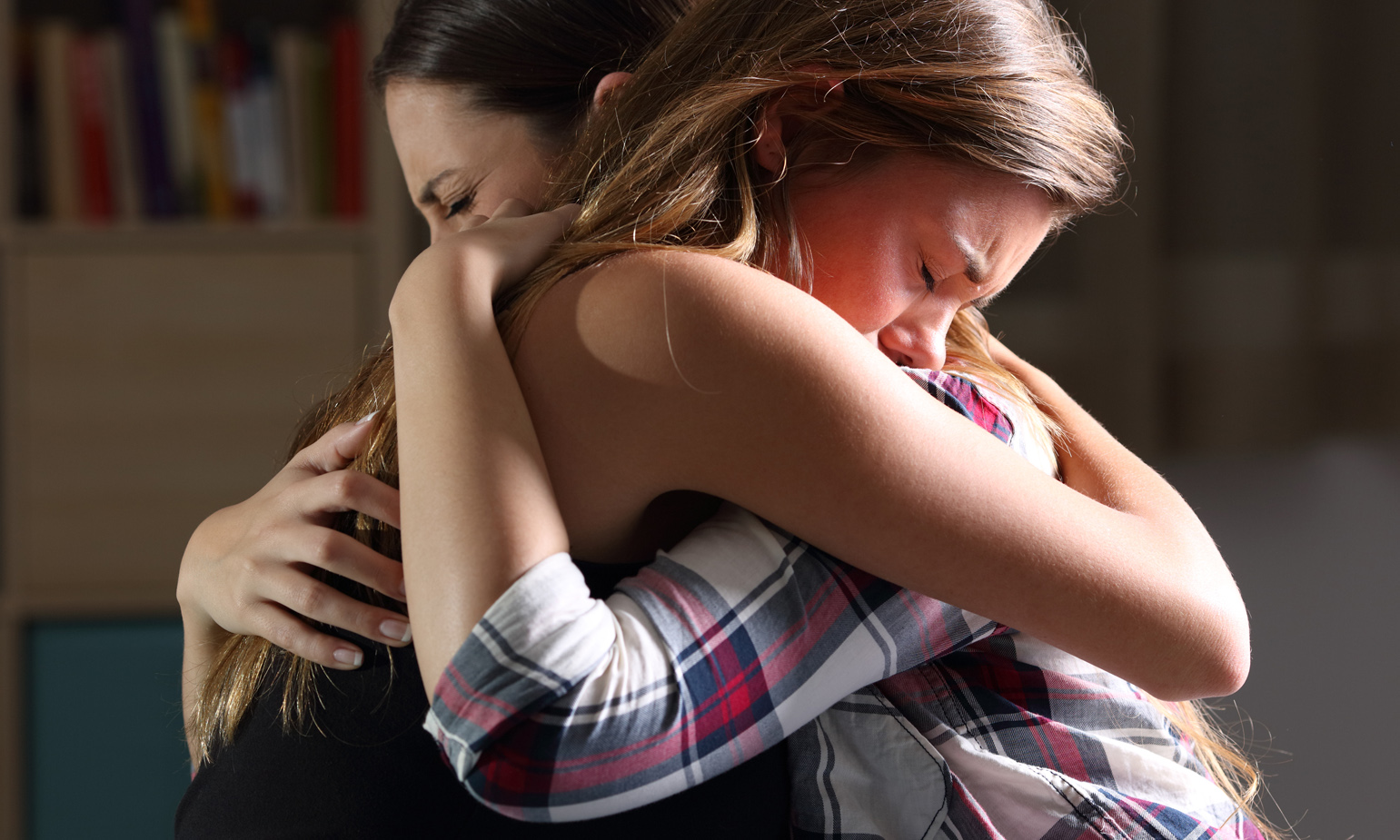If you’re struggling with PTSD, know that you’re not alone. This condition affects millions of people around the world, and many of them don’t seek treatment because they don’t know where to start – but the first step to recovery is reaching out for help. This might be in the form of psychotherapy in Sydney.
What is PTSD?
PTSD stands for post-traumatic stress disorder. It’s a mental health condition that’s triggered by a terrifying event — either experiencing it or witnessing it. It’s worth noting that PTSD can happen to anyone – it’s not just something that veterans experience. It can occur after a natural disaster, a car accident, or even after witnessing a violent crime.
What are the symptoms of PTSD?

Symptoms of PTSD can be divided into four main categories: re-experiencing the traumatic event, avoidance, negative changes in mood and thought patterns, and changes in physical and emotional reactions.
- Re-experiencing the event
People with PTSD often relive the traumatic experience through flashbacks and nightmares. They may feel like they’re going through the event again and again. This can be extremely distressing and make it hard to go about your day-to-day life.
- Avoidance
People with PTSD may try to avoid anything that reminds them of the traumatic experience, including people, places, or activities that trigger memories of the event. For some people, this means withdrawing from friends and family or quitting their job. Avoidance can make it hard to get treatment because people with PTSD may not want to talk about what happened.
- Negative changes in mood and thought patterns
After a traumatic event, it’s common to feel sadness, guilt, or shame. You may lose interest in activities you used to enjoy or have trouble trusting people – these negative changes can make it hard to cope with everyday life.
- Changes in physical and emotional reactions
People with PTSD may feel jumpy and on edge all the time – they may have trouble sleeping or concentrating on tasks. Some people with PTSD develop depression, substance abuse problems, or other mental health conditions as a way of coping with their symptoms.
If you think you might have PTSD, it’s important to seek professional help as soon as possible
The sooner you start treatment, the better your chances are of making a full recovery – even if you think your symptoms are too severe or too ingrained in your life.




